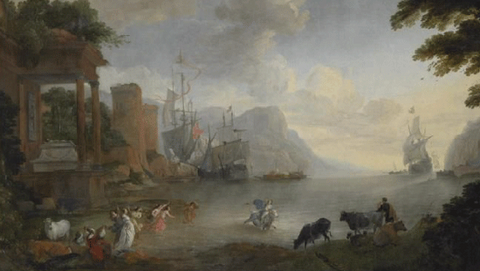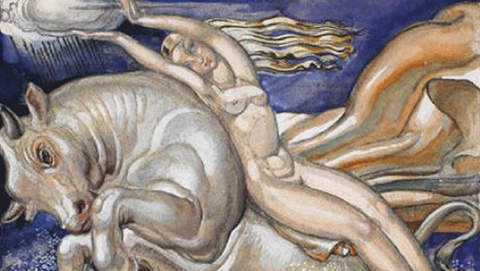
Who are we?
Considering Europe over the long term: a transdisciplinary approach to shed light on contemporary issues.
Supported by the Alliance Sorbonne Université, the Initiative Europe explores Europe as a cultural and political entity through an interdisciplinary approach and a long-term perspective, from the Renaissance to the present day. It draws on history, philosophy, literature and languages to analyse identity constructions and controversies surrounding the notion of European ‘civilisation’ since the discovery of the New World. By focusing on three key periods (the Renaissance, the Enlightenment and the contemporary era), the initiative aims to renew research on Europe while promoting interdisciplinary cooperation and the international exchange of knowledge.
The initiative's objectives
- Structuring an interdisciplinary community: the Initiative brings together historians, philosophers, literary scholars and specialists in European civilisations around seminars, colloquia and collective projects.
- Support for internationalisation: it relies on strategic partnerships (Alliance 4EU+, University of Chicago Paris Centre) to Europeanise and develop joint research projects.
- Support for the dissemination and promotion of research: the initiative aims to support researchers in their efforts to disseminate and promote their research.
- Encouragement for the development of French (ANR) or European (ERC) collaborative projects
Given the dispersion of research on Europe within Sorbonne University, the Europe Initiative aims to bring together the driving forces of the Faculty of Arts in a resolutely interdisciplinary project. Unlike existing centres, which focus mainly on political science and law, this initiative takes a long-term view and focuses on European culture, combining history, philosophy, literature, languages, arts and civilisation.
It aims to renew the study of European identity and construction — from the Renaissance to the present day — while taking up the challenge of interdisciplinarity through joint seminars and shared assessment criteria across disciplines.




